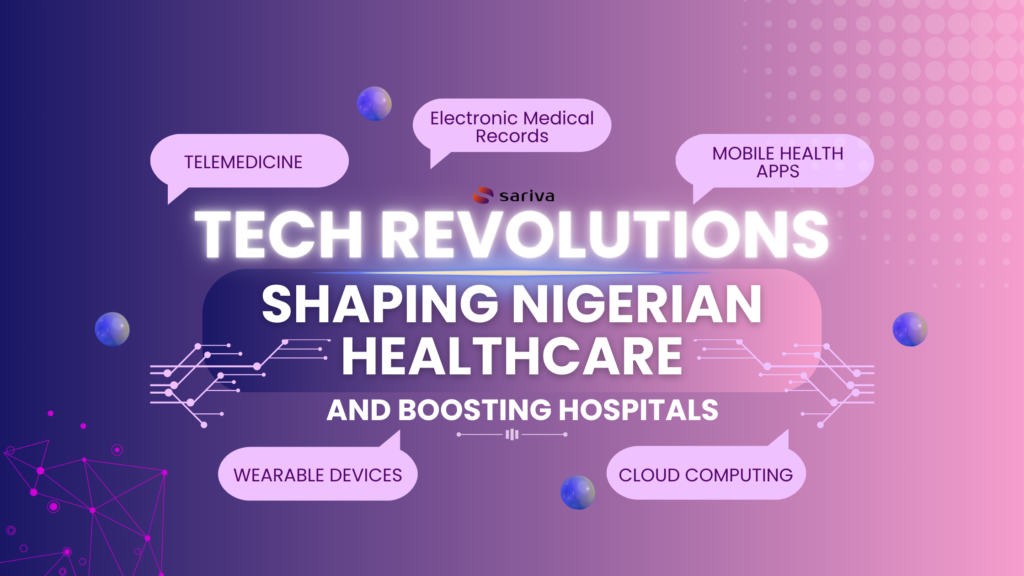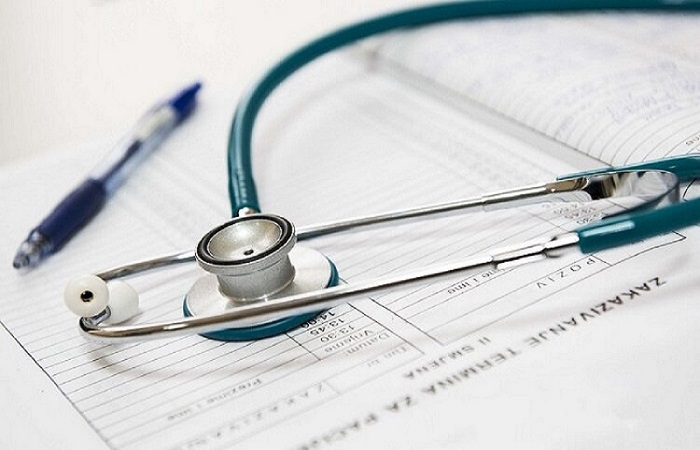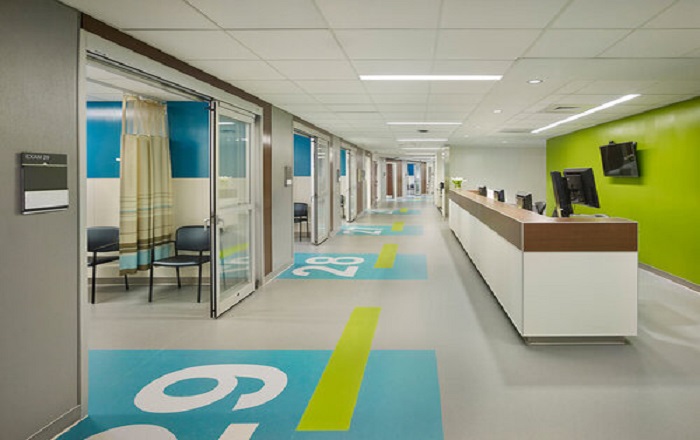Tech Revolutions Shaping Nigerian Healthcare
Technology is revolutionizing healthcare globally, and Nigeria is not left out. From telemedicine to wearable devices, tech revolutions are transforming healthcare delivery across the country, improving hospital efficiency, reducing costs, and expanding access to quality care.
And for hospitals in Nigeria looking to stand out, stay compliant, or offer premium patient experiences, these digital innovations are no longer optional — they’re essential to any modern hospital setup in Nigeria.
Here are the tech revolutions shaping Nigerian healthcare and how they’re boosting hospital systems and medical practices:
1. Telemedicine
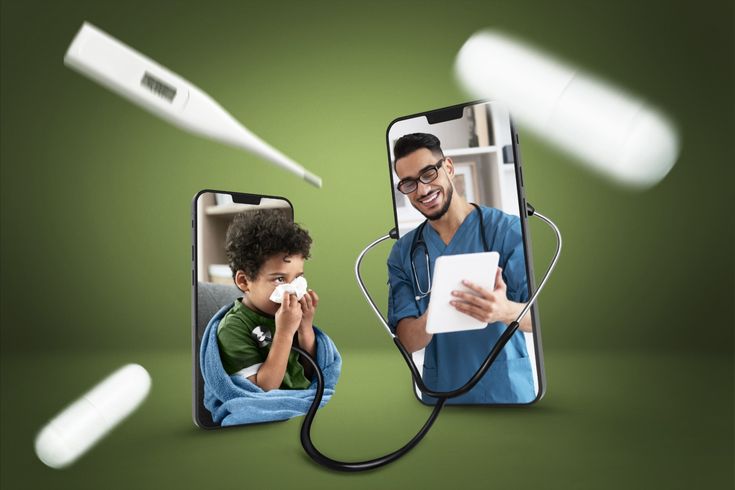
Telemedicine has made healthcare accessible to remote areas in Nigeria. Hospitals like Kingsmith Specialist Hospital in Ogun and University College Hospital (UCH) Ibadan have adopted telemedicine platforms to connect with patients virtually, reducing the need for travel and offering real-time consultations.
UCH’s Chief Medical Director, Professor Jesse Otegbayo, shared his positive experience with the O-Health platform in a 2022 interview. This highlights how virtual care supports Nigerian healthcare delivery, especially in emergencies or underserved communities.
Today, telemedicine is a promising and vital asset for new hospital builds in Nigeria, making it easier to serve a wider catchment area without expanding physical infrastructure.
2. Electronic Medical Records (EMR)
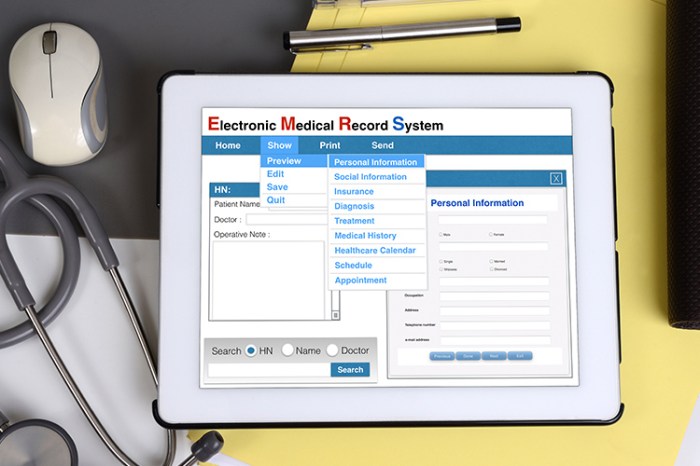
Digitizing patient records with Electronic Medical Records (EMRs) is transforming how hospitals manage data. EMRs improve documentation, reduce errors, and eliminate the inefficiencies of paper-based systems.
One standout example: Medismart, co-founded by Obinna Osuji and Damilola Oni, partnered with the Association of General Private Medical Practitioners of Nigeria in 2015 to deploy cloud-based EMRs across 2,000+ member hospitals in Lagos.
For anyone planning a hospital or clinic, a medical setup in Nigeria is no longer complete without integrating EMRs into daily operations. From outpatient care to admin workflows, EMR systems dramatically improve efficiency in any hospital.
3. Mobile Health (mHealth) Apps
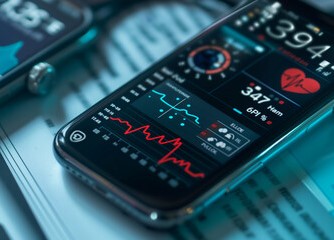
Mobile health apps are putting healthcare in the hands of Nigerians, literally. They empower patients to stay informed and help hospitals offer faster, more efficient services.
Some powerful Nigerian-led mHealth solutions include:
- Mobihealth by Dr. Funmi Adewara offers seamless access to healthcare anytime, anywhere
- LifeBank by Temie Giwa-Tubosun, which makes life-saving blood accessible through a mobile platform
- Curacel Health, offering IT infrastructure to hospitals to streamline operations and boost accountability
These tools are now integral to forward-thinking medical practices in Nigeria, especially for those focused on innovation and affordability.
4. Wearable Devices
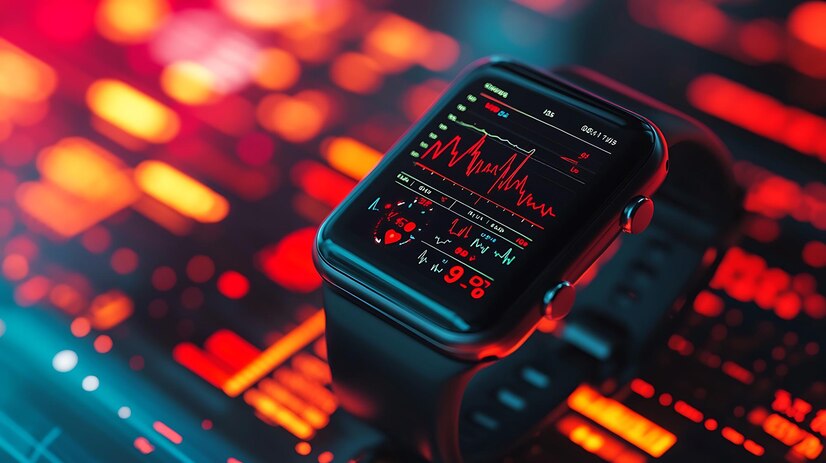
Wearable health tech, like smartwatches and fitness trackers, is no longer just a lifestyle tool. Hospitals are now using wearable devices to remotely monitor patients with chronic conditions like hypertension, diabetes, and heart disease.
Real-time data from wearables helps medical teams detect early warning signs, track patient vitals, and intervene quickly. This improves outcomes, reduces hospital readmissions, and supports continuity of care.
For hospitals setting up chronic care departments or outpatient services, investing in medical devices in Nigeria that integrate with wearables is becoming a standard best practice.
5. Cloud Computing
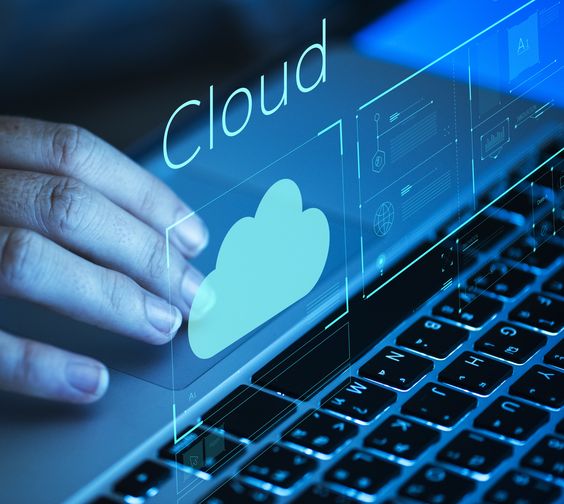
As hospital networks grow, the need for secure, scalable storage grows with them. Cloud computing allows hospitals to store and access vast amounts of patient data, securely and in real time.
This is especially critical for multi-location medical setups in Nigeria. Take Iwosan Lagoon Hospitals and St. Nicholas Hospital in Lagos, for instance; both hospitals have multiple locations. Hospitals can leverage cloud systems to synchronize care across branches and streamline access to lab results, EMRs, and imaging reports.
Cloud computing is not just a tech trend, it’s an enabler of coordinated, responsive patient care.
How These Technologies Benefit Nigerian Hospitals
Whether you’re upgrading an existing clinic or planning a full hospital build in Nigeria, these technologies offer serious advantages:
- Improved Efficiency: From automated appointment scheduling to instant lab access, tech is helping hospitals do more with less.
- Cost Savings: Telemedicine and EMRs reduce the need for physical consultations, administrative overhead, and paper-based workflows.
- Better Patient Outcomes: Real-time data and remote monitoring lead to faster interventions and more personalized care.
- Increased Access: Virtual platforms connect rural patients to specialists, reducing travel burdens and healthcare inequity.
A Smart Future for Nigerian Healthcare
The future of healthcare in Nigeria is undeniably digital. Hospitals that embrace these tech revolutions are not only improving care delivery, they’re also building long-term sustainability and trust.
At Sariva Healthcare, we help hospitals across Nigeria adopt this future by providing affordable, innovative medical equipment and guiding full hospital setup projects in Nigeria. From hospital or clinic planning and procurement to installation and post-installation support, we’ve got you.
Whether you’re expanding, upgrading, or building from scratch, visit www.sariva.com.ng to learn how we can support your vision.

